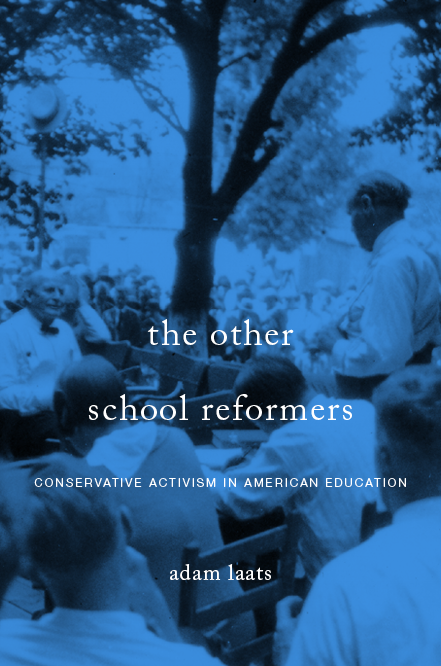That’s right, folks, the Amazing Historio can tell the future. I can predict with shocking accuracy the path any new school-reform panacea will take. Actually, it’s not very amazing. Any teacher can do it. Anyone who has been paying attention can do it. The pattern is so depressingly predictable that the only real challenge is figuring out why journalists keep buying tickets for the same show. This time around, the story comes from San Antonio.
SAGLRROILYBYGTH know I’m working on a new book about America’s first urban school reformer, Joseph Lancaster. It’s not to Lancaster’s credit that his loud-mouthed ego-trip school-reform plan established this depressing pattern in the 1810s.
Here’s how it goes: A well-meaning, energetic young person pours his or her heart into building a great school. It works. Soon, the students are doing far better than anyone believed possible.
Buoyed by success, the reformer will build his or her ideas into a marketable plan, something that he or she promises will be able to fix urban schools without costing any more tax money.
It doesn’t work. Turns out, the thing that was really fueling the improvement was not any specific method of teaching or of organizing schools, but rather the energy and dedication that the community poured into its original reform effort. As soon as the “reform” becomes standard, it loses its pep and becomes merely business as usual.
Soon, jealous hacks notice that the reformers’ big promises didn’t pan out, and after explaining away the failure for a while, the reformer goes into some sort of awkward retirement.
For Joseph Lancaster in the early 1800s, his big reform was the “Lancastrian” system, which set up hundreds of kids from low-income urban families in big school warehouses, goaded by older student monitors. It worked great at first, at the Borough Road School in London. Lancaster ate lunch with kings and presidents and promised his system could save every city from hordes of illiterate urchins.

The solution, c. 1805. Never again would urban students from low-income families suffer from lower-quality education.
But guess what: Lancaster’s schools didn’t save every city. Students hated them. Parents hated them. Soon, Lancaster was in monstrous debt and his many detractors accused him of venality and obfuscation.
You’d think we’d learn the lesson, but we haven’t. The pattern has repeated itself with every new promise of a silver-bullet reform that will “save” urban education. Ask Colonel Parker. Ask Rod Paige.
And now we can ask Julian Castro in San Antonio. As a recent profile in Politico reports, the former mayor has built his meteoric career on a school-reform plan for the Texas city. The heart and soul of the plan is to enroll every San Antonian four-year-old in high-quality pre-kindergarten with a progressive pedagogy.

The solution, c. 2017. Never again will students from low-income families suffer from lower-quality education.
So far, so good. Getting every student into great schools really IS a great way to reform urban education. The problem is not in the idea itself. Rather, the problem comes when ambitious reformers think they have found a simple, transferable method for fixing schools. The problems begin to pile up when those same reformers hope to build their political careers by wildly overpromising.
In this case, the CEO of San Antonio’s program read her lines directly from Joseph Lancaster’s disastrous centuries-old script. As Politico reports,
Pre-K 4 SA has posted impressive results. Its kids start below the national average in cognition, math and literacy, and finish the year above average. Its founders have become evangelists for the idea that early-childhood education is key to giving poor kids an equal chance to succeed in school and life. The goal, says Sarah Baray, Pre-K 4 SA’s CEO, is nothing less than “to change the trajectory of San Antonio in one generation.”
Again, I’m all for progressive pre-K programs. I’m all for giving all students a great early education. Those are great things.
The problem comes when ambitious reformers suggest that changing the methods or structure of school will solve the problems of low-income families. The problems come when politicians promise that their plan will level the playing field and solve the challenges of poverty in a single generation.
They won’t, and it seems nearly criminal to build a career by making these obviously extravagant promises. When the politicians and CEOs have moved on to Washington DC and cushy corporate sinecures, local schools are always left tackling the same problems as ever.
The recipe for real reform is obvious, but it is never easy. Every kid should attend a school in which the entire community is engaged and enthusiastic. That’s not easy and it’s not cheap. But as we all know, it is the only school reform that really works.
Anything else is just hot air.




